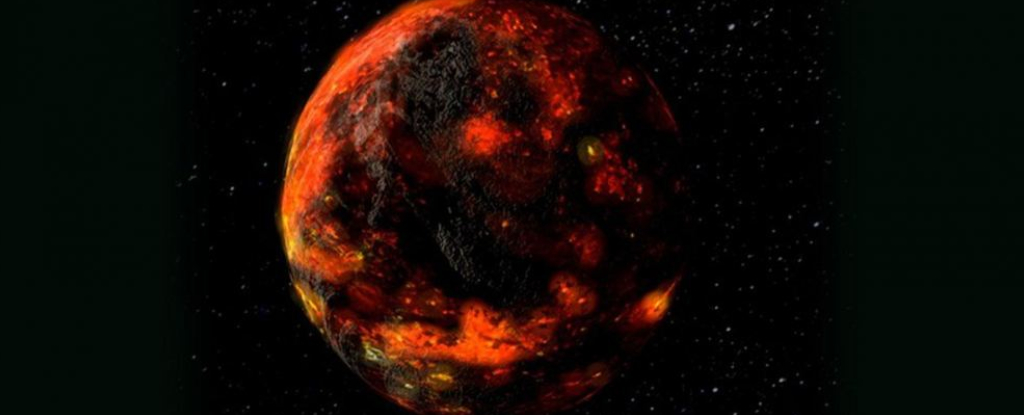NASA’s Hubble Space Telescope has recently captured unusual behaviour in Jupiter’s Great Red Spot (GRS). This massive storm, large enough to swallow Earth, has been active for over 150 years. For the first time, scientists have observed it “jiggling,” with its size oscillating and its speed fluctuating. The findings have left astronomers intrigued, as the movement has never been documented before. The storm’s recent activity, marked by this surprising instability, is puzzling experts and raising questions about what could be causing these changes.
Unpredictable Movements Leave Scientists Intrigued
The Great Red Spot, which has been shrinking gradually over the last decade, has now shown unpredictable shifts in its size, as per a paper published in The Planetary Science Journal. Astronomer Amy Simon, who led the observation team from NASA‘s Goddard Space Flight Centre, commented on this unexpected behaviour.
According to Simon, scientists have always noted slight variations in its position, but the recent expansion and contraction have taken them by surprise. With Hubble’s advanced capabilities, they were able to confirm that the storm is not just changing in size but also altering its speed.
Comparing the Movement to a Sandwich
Mike Wong, co-investigator from the University of California at Berkeley, told Space.com the storm’s actions to that of an overstuffed sandwich. The GRS is being pushed by jet streams that surround it, causing the bulging effect.
Wong also pointed out that the storm’s central region brightens during its largest oscillations, suggesting changes in the planet’s upper atmosphere. This could indicate a reduction in the haze that usually blankets the storm.
Potential Stabilisation of the Great Red Spot
Simon’s team believes the storm may eventually shrink enough to fit within Jupiter’s wind bands, which will likely stabilise its size. Until then, they will continue to monitor the GRS closely to gain more insight into one of the solar system’s most fascinating weather patterns.





